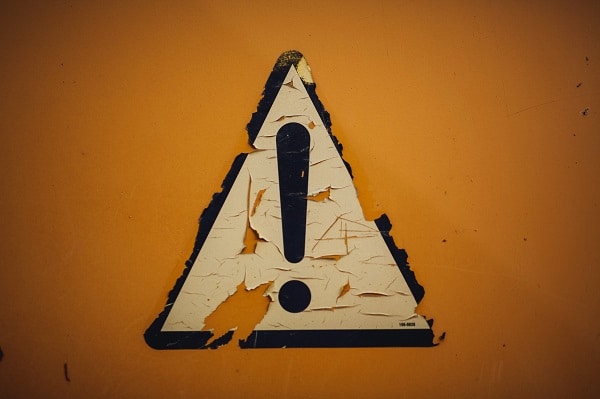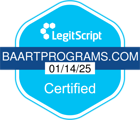The opioid epidemic continues to devastate regions from coast to coast, leaving many to seek help when they’re at their most vulnerable. Enrolling into an opioid recovery program may seem straightforward for someone who is on the outside of the issue. Still, for those who are desperately in need, the process can quickly become overwhelming, especially for those who are still requiring high doses of opioids to get through their days. Finding a reputable and effective treatment program shouldn’t be difficult, but many dodgy “rehabs” promising miraculous recoveries have made it more difficult.
Preying on the Vulnerable
Someone who is battling substance use disorder will probably turn to the internet for help and to do some preliminary research. However, this seemingly “simple” search for opioid recovery programs can quickly turn sour due to overlapping federal, state, and regional guidelines that can wrongly deem a facility “certified” to handle cases of addiction expertly. The marketing angle for these rehab facilities was so strong that Google eventually had to suspend their “drug rehab” ads and have put a vetting process in place that won’t allow paid advertising for drug rehab facilities to be shown without certification.
Buyer Beware
Many opioid recovery programs that are heavily advertised online have been historically unmonitored and remain so to this day. Because of the high demand for opioid recovery services, the rapid growth of the “rehab” industry has unfortunately introduced a number of bad actors. Many of these deceiving opioid recovery treatment centers have been caught in the unethical acts of patient enticement, listing hijacks, misleading language and misrepresentation of services, privacy violations, and insurance over-billing and fraud.
Signs of a Scam
While every patient will respond to the opioid recovery program that works best for them, there is a list of unreliable and ineffective methods that undoubtedly signal rehab scam:
- Homeopathy or herbal remedies promising to “rid the body of toxins” from substances using herbs or unregulated alternative medicines are highly suspect. While these methods may promise relief from cravings or withdrawal symptoms, they do not have a dynamic approach towards treating the emotional and behavioral aspects of addiction.
- Quick detox programs can be very dangerous and regularly run patients through a revolving door of relapse and medical detox under the guise of opioid recovery.
- Over-promising guarantees made by any institution that claims to be an opioid recovery program is suspect. Offering a promise “full recovery” of every patient that goes through their clinic undermines the opioid recovery process, including treatment. It overlooks the fact that every patient will work towards success at their own pace.
Opioid recovery is a process that takes dedication, and hard work from each patient enrolled in a reputable and effective rehabilitation program. It’s crucial for those with opioid use disorder to enroll in a program that is evidence-based and backed by science, such as medication-assisted treatment. Opioid recovery programs don’t have to be out of state and impatient to be effective, either. Many people struggling with substance use disorder have found their way to long-lasting sobriety through local, outpatient opioid recovery programs that provide comprehensive treatment.
If you feel that you or a loved one is dependent or addicted to opioid use, you can contact any of the BAART program centers close to you.
Give us a call at 844-341-4040 to schedule an appointment today, or spend a little more time on our blog to learn about recovery from opioid addiction.



